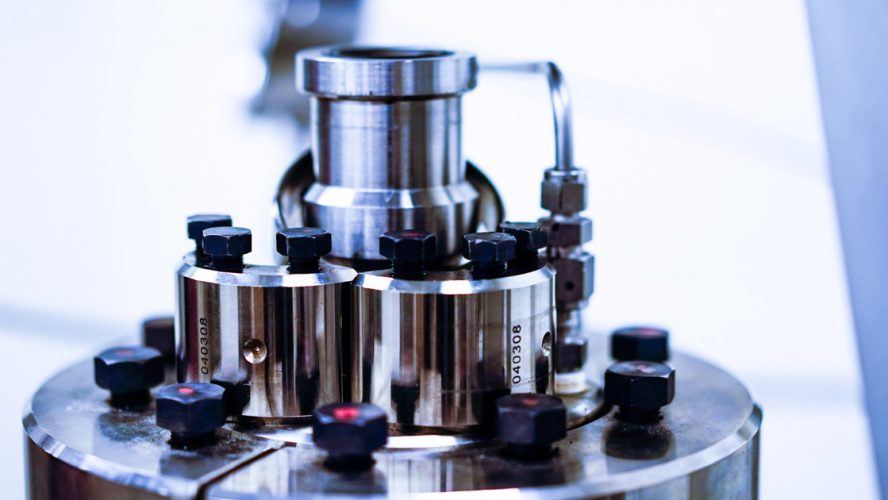
Mike Josypenko
Senior Director of Special Projects, Institute of Export and International Trade
What can exporters in the life sciences do to overcome the myriad of complex rules and regulations in the sector internationally?
The life sciences sector is one of the UK’s best international performers, contributing 5.2 per cent of the UK’s exports in 2016. This diverse sector includes drugs and medicines, laboratory and diagnostic instruments, as well as a wide range of surgical supplies and equipment, from dressings, prosthetics, to furniture and equipment.
Strict regulations can create barriers
The sector is highly regulated and the extent and variation in regulatory and documentary requirements for different export markets can be a major barrier and compliance cost for exporters.
Any UK business exporting medicines to countries outside the EU will require a manufacturer or wholesaler licence. Exports of narcotics or controlled drug products are even more strictly overseen. In addition, exports of medicines to different countries may require a range of documents, such as export certificates.
Controls around exporting also apply
Export controls also apply for exports of diagnostic and medical instruments including complex technologies, which fall into the category of “Dual Use” that could pose a strategic risk to the UK in the wrong hands. Exporters may have to obtain strategic export licences for all sales to non-EU clients.
How difficult is to export them?
The real problems begin when goods arrive in the destination market. Each country can impose their own regulatory requirements for products to be sold in that country. Many countries impose more stringent regulations for consumer protection purposes, but the true motive can be to create trade barriers to protect domestic manufacturers.
Nonetheless, these regulations must be overcome before goods can be imported.
How can these barriers be overcome?
Understandably, drugs and medicines are highly regulated and must be registered and approved by that country’s regulatory body. This typically requires the exporter and manufacturing sites to be registered with a body such as the US Food and Drug Administration (FDA). Manufacturers may have to provide certification of Good Manufacturing Practice, issued by the exporting country’s government, as well as Certificates of Analysis, and Free Sale, demonstrating that goods are approved for sale in the exporter’s home market.
Pharmaceutical companies will usually need to appoint a local representative – either a subsidiary of the exporter or a locally based distributor – to act as the point of contact for regulatory purposes or litigation. Importers may also need to apply for marketing authorisation to act as local distributor. In Saudi Arabia it can even be required that the local importer provide price lists for the products in other international markets.
Other healthcare products are similarly controlled. Many countries impose technical standards for electronic products, such as diagnostic equipment, so that they require compulsory testing for conformity. Similarly, manufacturers of medical devices and equipment must be registered in many countries, such as China, before goods can be sold. These regulations may apply even for relatively non-specialist products, such as medical or surgical appliances, furniture or dressings.
And there are regulations for moving the goods too
Even when goods are approved for sale, exporters must adhere to strict conditions to transport products to their destination. Pharmaceutical products are controlled by “Good Distribution Practice” regulations to ensure that they are carried safely and securely, avoiding damage or contamination.
Many products must be transported under temperature-controlled conditions, using electronic devices to record temperature and highlight any failures, known as “excursions”.
The consequences of any lapse can be catastrophic. Unsurprisingly specialist logistics providers have sprung up to support this major sector.
The UK is a global leader in Life Sciences
Despite all of the challenges they face, the UK’s Life Sciences sector remains one of the UK’s success stories, establishing a significant reputation globally.

